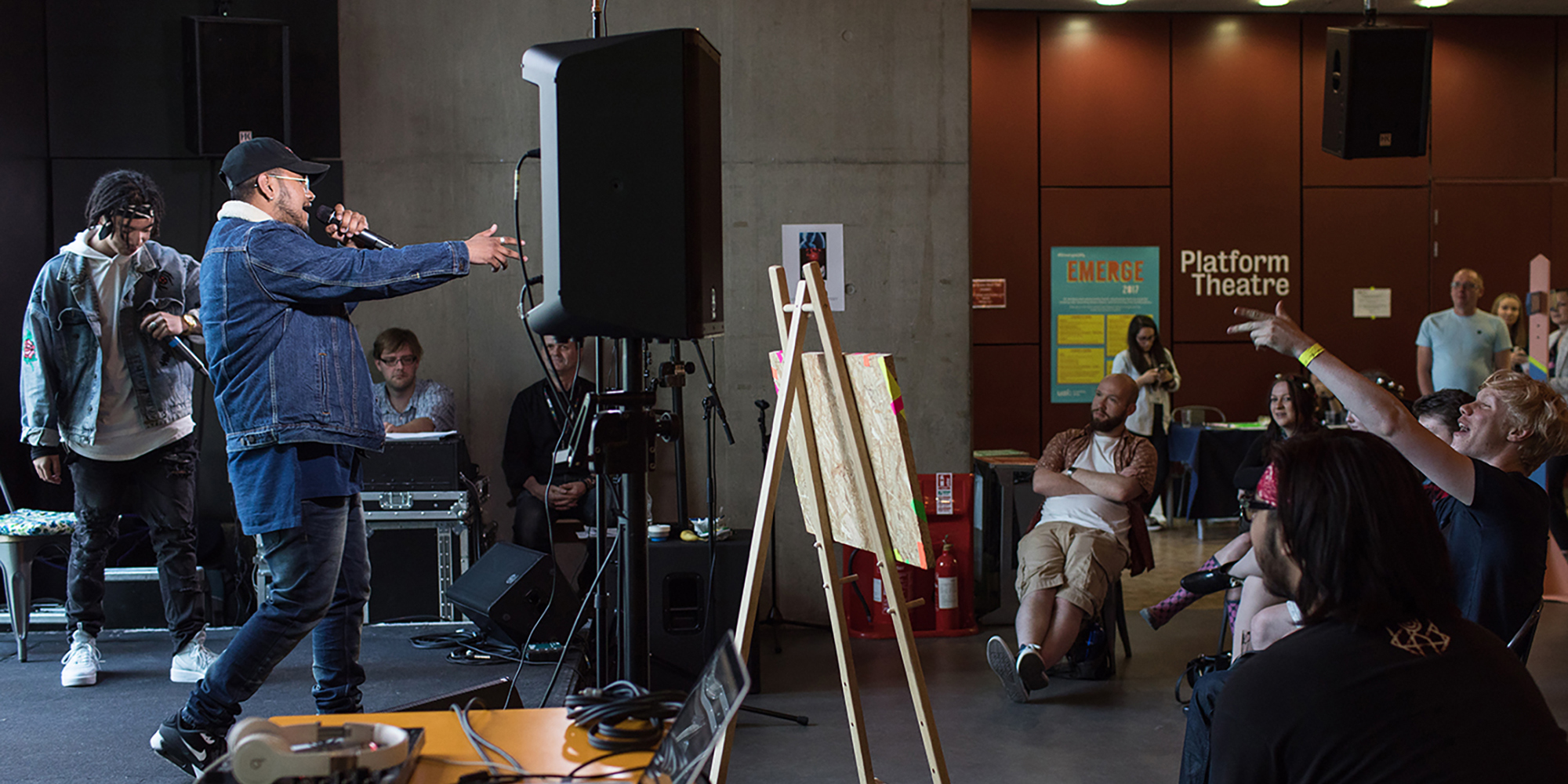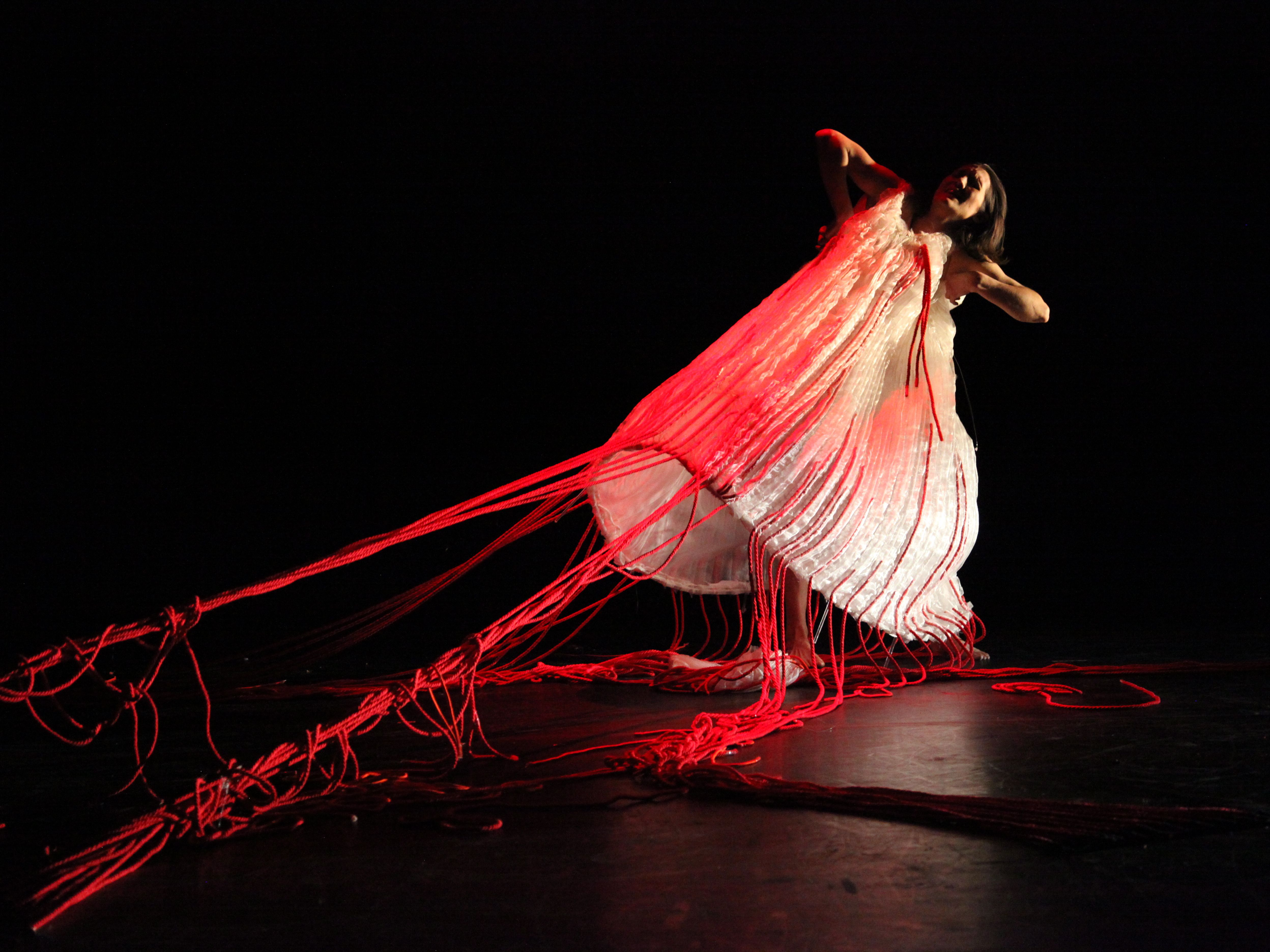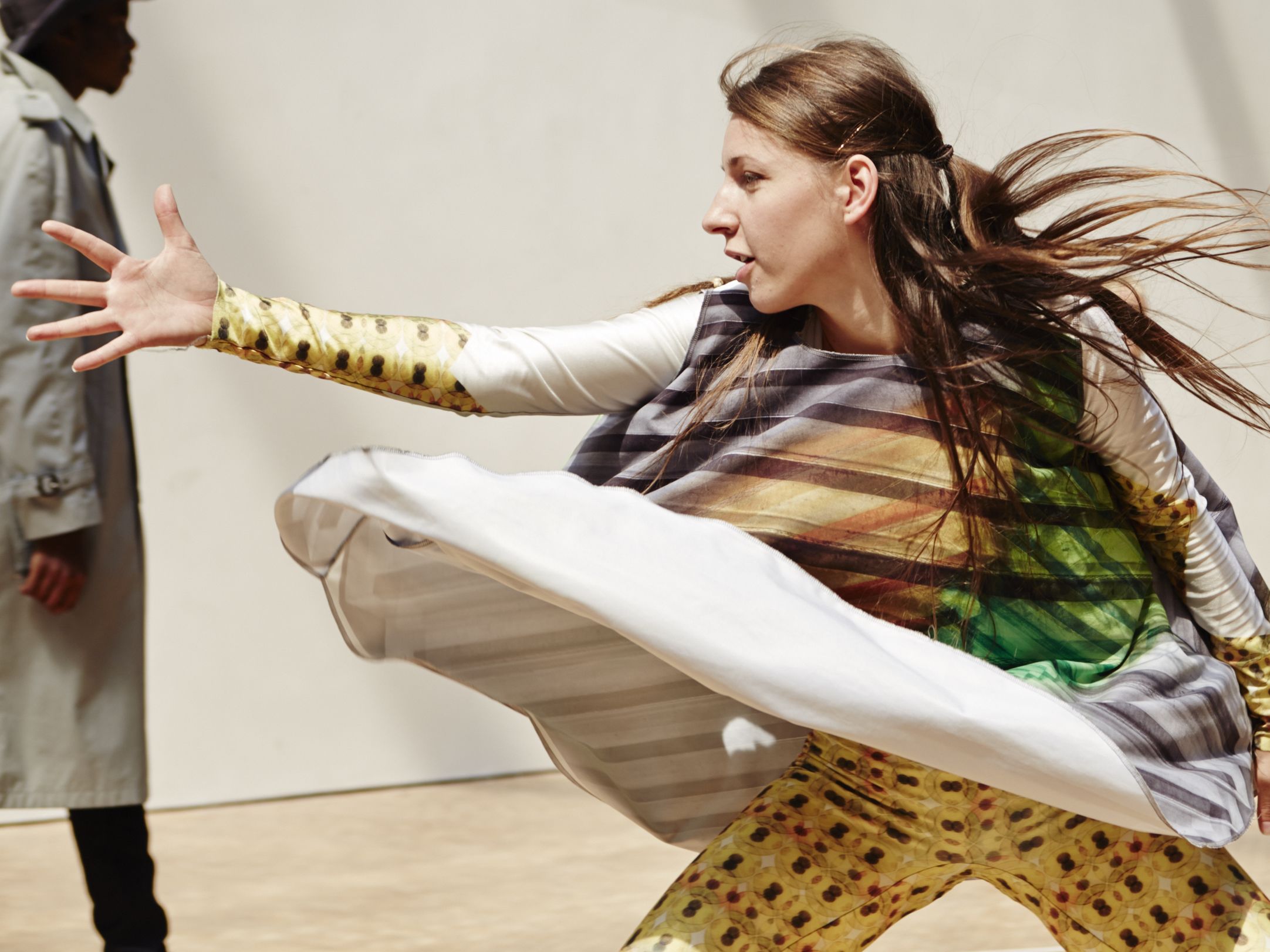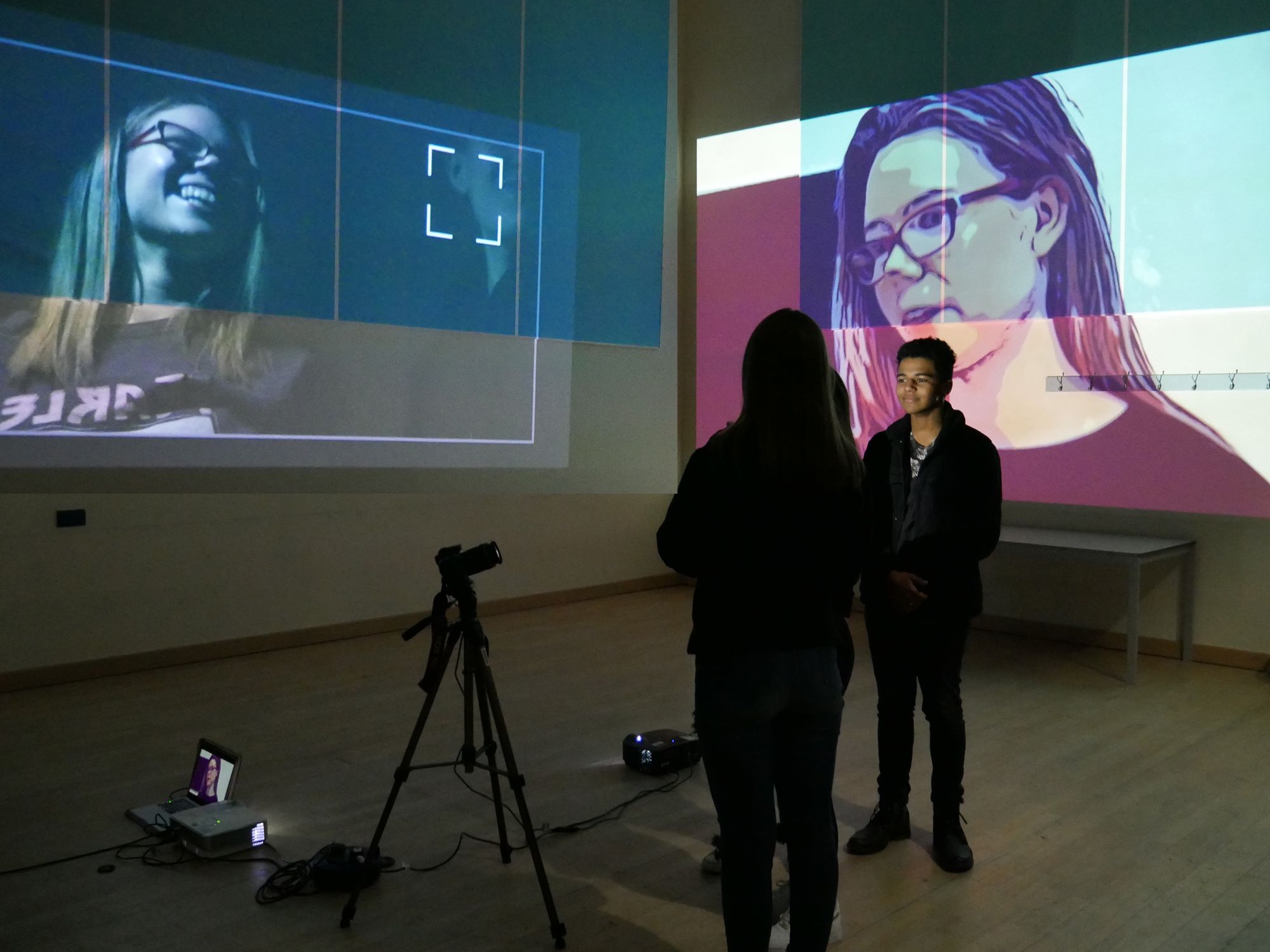Brian Warrens is the Director of The Backstage Centre Ltd, as well as being a visiting tutor for South Essex College and the National College for Creative Industries Ltd. Brian’s role at South Essex college has seen him contribute to the creation of course curriculum, as well as delivering masterclasses for Live Events and Theatre Production.
Brian will be joining us for our introductory event ' A Spotlight on Performing and Production Arts' on 1 December.
Hi Brian, what do you enjoy the most about delivering Performing and Production Arts qualifications?
Performing and Production Arts qualifications are a direct result of a collaboration from industry professionals, organisations and academics. From this perspective, the unit- based approach has allowed us as practitioners to consider a holistic approach, and in particular to focus the specific skillsets actually required in the modern creative sector.
In what ways does the flexible nature of UAL qualifications benefit students?
The students respond well to the experience of ‘real-life’ scenarios such as engaging with external agencies, organisations and creative practitioners. I see the curriculum as ‘breathing’ with them throughout the year, which is further reflected in the ability to provide a live brief stimulus for final major projects.
As a teacher of UAL’s Performing and Production Arts qualifications, what sets them apart from other similar qualifications?
What set’s the qualification apart from other qualifications is the student-centred focus. Each student can feel as if the qualification is bespoke to their creative interests as well as being able to propagate and develop emerging skills, knowledge and build experience.
Because we don’t have to follow a disconnected (and dare I say outdated!) path of individual units, the students enjoy a relevant and uplifting curriculum. The formative units provide both tutors and students with the opportunity to hone maturity, begin to understand negotiation skills and recognise key creative strengths.
Performing and Production Arts qualifications train students to have a diverse skillset. How do they prepare students for the next stages of education and what types of careers do your students go on to do later in life?
At South Essex College, we keep in close contact with all of our students and we have an Alumni group for everyone who has completed a programme to Level 3 or higher. Our students can progress onto UAL Level 4 professional diplomas, and for some they will choose to follow a continuation of their training as an undergraduate in Conservatoires and University’s around the UK. Additionally, we see a large number of our Production Students access employment on completion of a Level 3 qualification.
During 2020, we have been supporting our former students with advice and guidance from industry sectors and we have helped individuals move into training programmes to prepare for continuation of their careers once the pandemic finally abates.
Career pathways for students include practitioners, producers, scenic artists, apprentices and technical and production managers, amongst others. Many graduates work with leading artists, such as the Blue Man Group, Lulu and The Spice Girls. Approximately 30% of all our students have secured work in London’s West-End working on productions such as ‘Wicked’, ‘Bat Out of Hell’, ‘Come from Away’, ‘Thriller Live and ‘Kinky Boots’, to name but a few.
This industry is familiar with change and innovation, what do you see for the future of Performing and Production Arts?
The biggest change for our students is facing uncertainty and unemployment. The industry is very capable of bouncing back and early indicators support a more positive picture in the longer-term. Adaptations to the curriculum have included the advancement of skills in the digital sector. Students are currently learning how to set up, organize and output live-stream broadcasting. In addition, a greater focus has been placed on exploring Covid-safe performance spaces.
Working closely with our industry partners has also provided an opportunity to maintain work placements, even if these have to be carried out remotely for the time-being. For example, students are currently working with The Dickens Theatre Company and Tramshed.
Something I think will have a big impact in the future, is preparing students for the shift in resources that audiences wish to use to access the creative arts. Immersive and augmented entertainment concepts are being heavily developed as we speak and performers, technicians and designers are shifting their focus to meet the expected demand. We already have Tik-Tok Theatre!
Join us for our introductory event, A spotlight on Performing and Production Arts, on the 1 December to hear more about these inspiring qualifications.
To book onto the event, please email approvals.awarding@arts.ac.uk.




